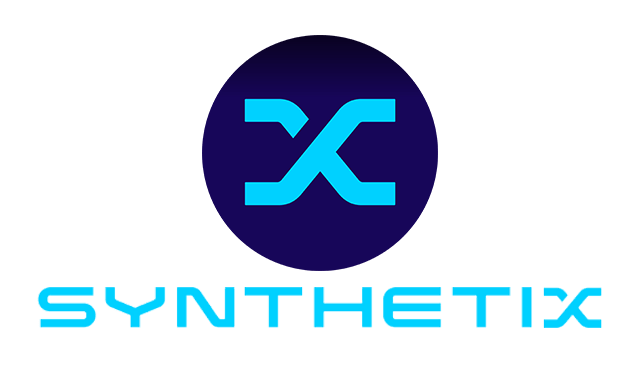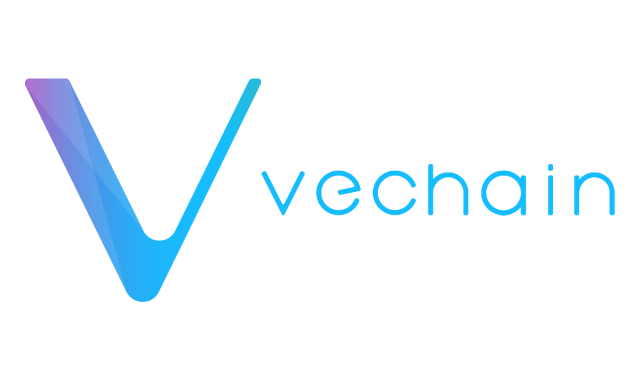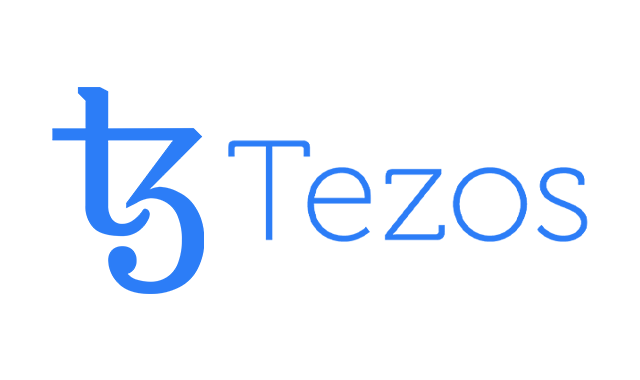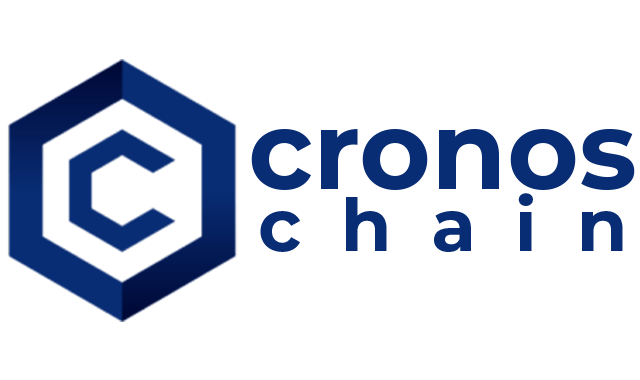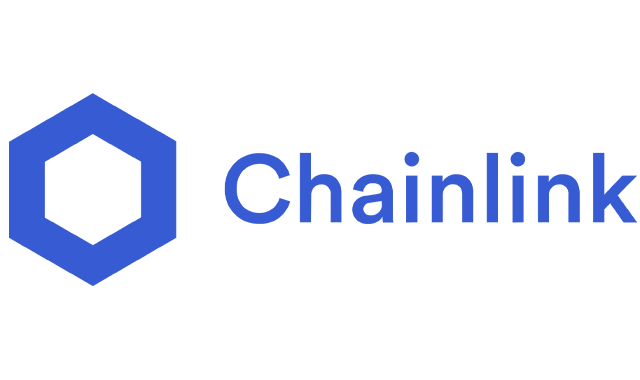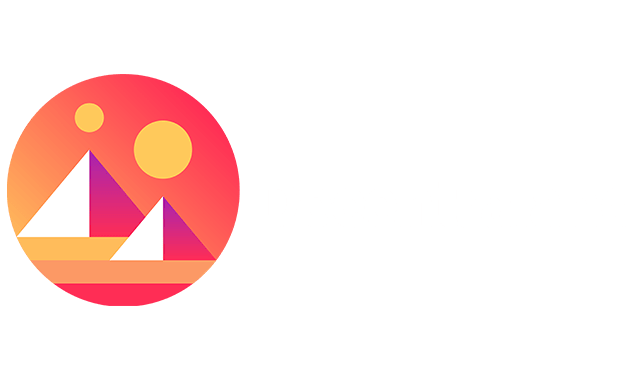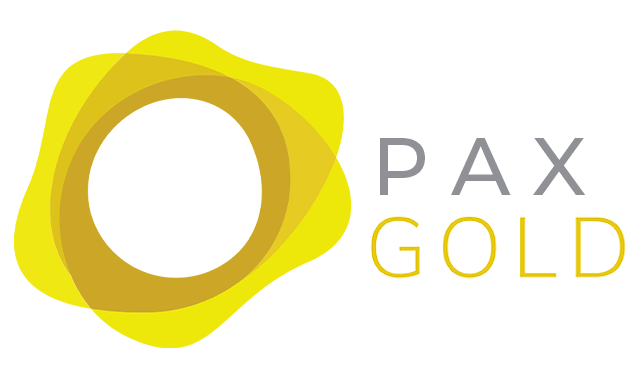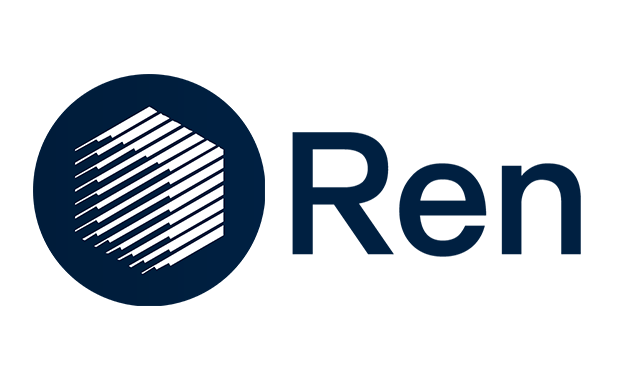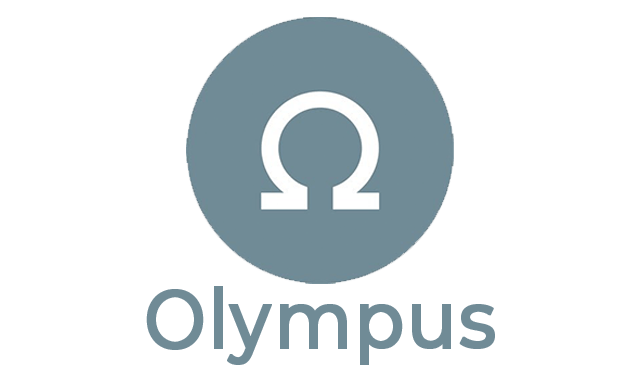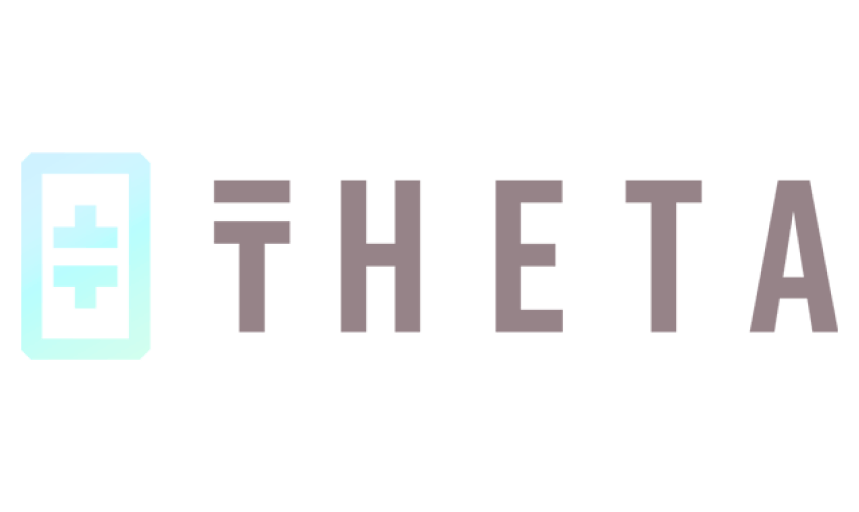GameFi: Where Gaming Meets Blockchain
Level up your gaming experience. Join the GameFi revolution and earn real rewards in virtual worlds.
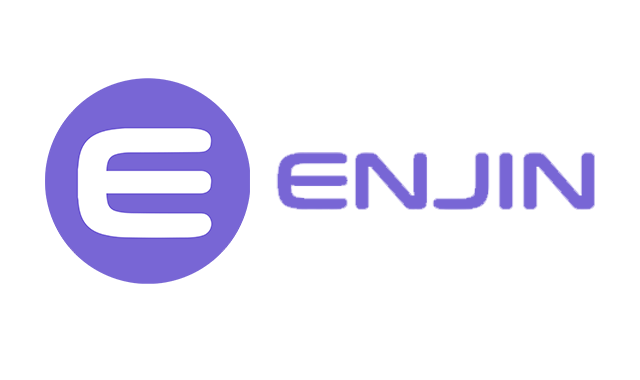
Enjin
Cryptocurrency is an ever-emerging and storming attraction in the business world right now. So if you are considering investing in crypto, Enjin (ENJ) could be worth serious consideration!
Enjin is a blockchain platform offering a multifaceted product suite that makes stakeholders create and handle next-generation gaming experiences. It leverages the blockchain’s transparent, immutable records to allow participants to control and protect their virtual currencies.
Enjin is a solid infrastructure that allows programmers to build interconnected game-based marketplaces, tokenized game items backed by real-world value, and even decentralized gaming communities. In this article, we’ll examine Enjin (ENJ) in greater detail so you can decide whether or not it’s the right investment for you!
What is Enjin (ENJ)?
Enjin (ENJ) is a cryptocurrency and blockchain-based platform focused on the gaming industry. The Enjin ecosystem offers tools and services that allow game developers to create, manage, and integrate decentralized assets, including non-fungible tokens (NFTs) and fungible tokens (FTs), into their games.
Enjin was created in 2009 as a gaming community platform and evolved into a blockchain-based platform in 2017. The native cryptocurrency Enjin, ENJ, is used to exchange within Enjin and can be used to mint new NFTs or purchase existing ones.
One of Enjin’s unique features is its ability to create “smart” NFTs that interact with each other and in-game mechanics, providing new opportunities for gameplay and value creation. Enjin also offers a suite of APIs, SDKs, and plugins, making it easy for game developers to integrate blockchain functionality into their games.
How does Enjin (ENJ) work?
The main goal of ENJ is to make it easy for developers to incorporate blockchain technology into their projects without requiring extensive blockchain expertise.
Here is a general overview of how Enjin works:
- Creation of digital resources: Developers can create digital resources on the Enjin, such as game items or real-world assets.
- Minting and assigning resources: Once the digital resources are created, they can be minted into unique, blockchain-based tokens and assigned to participants or other entities within the game or application.
- Trading and ownership: Enjin also allows for the exchange and ownership of these digital assets, with each asset having a unique identifier on the blockchain that can be tracked and verified.
- Integration with other platforms: Enjin is designed to be easily integrated with other platforms, such as game engines and marketplaces. This allows programmers to use the technology of Enjin within their existing projects without completely overhauling their infrastructure.
- Smart contracts: Enjin also uses smart contracts, which are self-executing contracts with the terms of the agreement directly written into code. These contracts automate the process of asset exchange and ownership transfer, allowing for seamless and secure trades.
The Technology Behind Enjin (ENJ) Protocol
Here are the key technologies and components that power the Enjin protocol:
- Ethereum Blockchain: The Enjin protocol is built on top of Ethereum. This decentralized, open-source blockchain allows programmers to create and deploy smart contracts and decentralized applications (apps).
- Non-Fungible Tokens (NFTs): Enjin uses NFTs to represent unique and rare in-game items, characters, and other resources. NFTs are indivisible digital assets that cannot be exchanged for one another. Each NFT has a unique identification code, which makes it different from all other NFTs.
- Smart Contracts: Programmers can create and control in-game resources using NFTs. Smart contracts define the rules and logic for how the resources can be created, transferred, and used within the game.
- Enjin Wallet: This mobile wallet allows users to store and organize their NFTs and other cryptocurrencies securely. It is integrated with the Enjin protocol, allowing users to transfer and exchange their NFTs easily.
- EnjinX: EnjinX is a blockchain explorer that allows users to explore and track trades on the Enjin protocol. It provides real-time data on NFT transfers, ownership, and other metrics.
- Enjin Marketplace: The Enjin marketplace is decentralized, where users can buy, sell, and exchange NFTs. The marketplace is integrated with the Enjin protocol, ensuring all trades are secure and transparent.
What Makes Enjin (ENJ) Unique?
Here are some of the factors that make Enjin unique:
- Gaming-Focused: Enjin is designed specifically for the gaming industry, providing programmers with the tools to create and integrate in-game items with blockchain. This allows for the creation of secure, provably scarce, and easily tradable items, enhancing the overall gaming experience.
- Customizable Tokens: Enjin allows programmers to create their customizable tokens, known as ERC-1155 tokens, which can be used to represent in-game resources such as weapons, armor, or virtual currency. These tokens are unique because they can be assigned different values, attributes, and behaviors.
- Interoperability: Enjin is built on Ethereum, which is interoperable with other Ethereum-based projects. This allows seamless integration with other blockchain games, and marketplaces, enabling players to exchange items and resources across different games and systems.
- Security and Transparency: Enjin provides programmers and players with a secure and transparent blockchain. This ensures that all trades are recorded on an immutable ledger using blockchain technology, making it impossible for anyone to tamper with the data.
- Community-Driven: Enjin has a strong and active community of programmers, gamers, and blockchain enthusiasts. This community provides valuable feedback and support, helping to drive the platform’s growth and development.
Community and partnerships of Enjin (ENJ)
Enjin (ENJ) is a blockchain-based gaming platform that allows programmers to create and integrate assets into their games. Enjin has established collaborations with various companies and organizations in the gaming industry as a community-driven project to expand its reach and provide participants with a more immersive gaming experience.
Here are some of the notable collaborations of Enjin:
- Microsoft Azure: Enjin is integrated with Microsoft Azure, allowing programmers to easily create, manage, and distribute blockchain-based games and resources.
- Samsung Blockchain: Enjin has partnered with Samsung Blockchain to provide support for its ENJ token in Samsung’s blockchain wallet.
- Unity Technologies: Enjin has collaborated with Unity Technologies to create a software development kit (SDK) that allows programmers to easily integrate its blockchain-based resources into their Unity-based games.
- Atari: Enjin has partnered with Atari to create blockchain-based versions of classic Atari games, such as Pong and Asteroids.
- Binance: Enjin has collaborated with Binance, one of the largest token exchanges, to create a trading exchange for blockchain-based gaming assets.
- Crypto.com: Enjin has partnered with Crypto.com, a popular cryptocurrency wallet and payment platform, to allow participants to easily purchase and use ENJ tokens within Crypto.com.
- Minecraft: Enjin has created a plugin allowing players to integrate its blockchain-based resources into the popular game.
Where to buy or sell Enjin (ENJ)?
Enjin Coin can be bought or sold on various crypto exchanges that allow you to buy and sell it using USD, USDT, BTC, and ETH. In addition, it can be exchanged for fiat currency like the euro and the dollar. Here are some popular options:
- Binance
- BingX
- DigiFinex
- Kraken
- KuCoin
- Gate.io
- Coinbase
How can Enjin (ENJ) be mined?
Enjin (ENJ) is a cryptocurrency that is not minable traditionally. It is built on Ethereum and uses a different consensus mechanism called Proof of Stake (PoS).
This means that new ENJ tokens are not created through mining but are instead generated through staking. Staking involves locking up a certain amount of ENJ tokens in a special wallet to support the network and validate transactions.
Users earn rewards through additional ENJ tokens in return for staking their tokens. These rewards are distributed based on the number of tokens staked and the time they are held.
To stake ENJ tokens, you must have a compatible Ethereum wallet that supports staking. Wallets supporting ENJ staking include Ledger, MyEtherWallet, and Trust Wallet. Once you have a compatible wallet, you can transfer your ENJ tokens to the wallet and start staking them to earn rewards.
How does Enjin compare against its competitors?
Enjin also strongly focuses on gaming and virtual worlds, which sets it apart from many other NFT projects focusing on art or collectibles. This has allowed Enjin to establish collaborations with major gaming companies, such as Unity, Samsung, and Microsoft.
One of Enjin’s unique features is its “multiverse” concept, which allows NFTs to be used across different games. This creates a network effect where an NFT is not limited to a single game but can be used across multiple blockchains and games, increasing the overall value and utility of the NFT.
In terms of competition, Enjin faces several challenges in the NFT space. One of its main competitors is Flow, a blockchain designed for gaming and NFTs. Flow has gained significant traction in gaming, with collaborations with major companies such as NBA Top Shot and Ubisoft. However, Flow is relatively new and has yet to achieve the same adoption and developer support level as Ethereum.
Another competitor is Binance Smart Chain (BSC). This blockchain has gained significant traction in the NFT space due to its low transaction fees and fast transaction times. As a result, BSC has attracted several projects and marketplaces, such as BakerySwap and OpenSea, which has helped to drive the platform’s adoption.
Overall, Enjin is a strong player in the NFT space, with a focus on gaming that sets it apart from many other projects. In addition, its position on the Ethereum blockchain, strong cooperations, and unique “multiverse” concept give it a significant advantage over its competitors. However, it is still relatively new and rapidly evolving, and it remains to be seen which projects will emerge as the dominant players in the long term.
Enjin (ENJ) History
Enjin was founded by Maxim Blagov and Witek Radomski in 2009 as a platform for gaming communities. Blagov served as the company’s CEO and was responsible for its creative direction. In contrast, Radomski served as the chief technical officer and was in charge of its product development’s technical aspects. Enjin is headquartered in Singapore and introduced the Enjin (ENJ) cryptocurrency in 2017. The objective of Enjin was to build a blockchain-based ecosystem that would allow for the production and exchange of digital resources for use in games and other applications. Over ten years, the Enjin Network, the company’s first product, increased its user base to 20 million.
The Enjin initial coin offering (ICO) raised $18.9 million when it was launched in November 2017. The ENJ token powered the Enjin platform, which uses smart contract technology to allow participants to create and exchange virtual assets. The business also developed a wallet to house and control these resources.
Several gaming businesses, including NRG Esports and Unity, the largest game development platform in the world, entered into collaborations with Enjin in 2018. These collaborations aided in broadening the use of Enjin in the gaming industry.
In early 2019, Enjin released its blockchain development blockchain, which allowed programmers to integrate blockchain technology into their games and applications easily. Later that year, the company launched a blockchain explorer to provide transparency and immutability to its ecosystem.
In 2020, Enjin announced a collaboration with Microsoft, allowing programmers to use the Enjin technology to create blockchain-based games and applications for the Xbox. The company also launched its Efinity scaling solution, enabling faster and cheaper transactions within Enjin.
In 2021, Enjin continued to expand its ecosystem with notable collaborations, including a partnership with Virtual Worlds to create blockchain-based metaverse experiences and with Binance to create a gaming-focused non-fungible token (NFT) marketplace. In November 2021, ENJ reached its all-time high price of $4.82, following its announcement of a 100 million U.S. dollar fund to support initiatives.
ENJ Price Statistics
Latest ENJIN Coin Price Live: ENJ to USD
Market Cap
The daily trading volume
What is the all-time high and all-time low for ENJ?
Related Crypto
